Restorative Practices
Classroom behavior presents a complex challenge for educators and school administrators: disruptive behavior can prevent other kids from learning, but suspensions and expulsions can cause significant harm. Restorative practices are a promising, evidence-based alternative to punitive discipline.
Over the last few decades, schools nationwide have increased the use of exclusionary discipline – or suspensions – to address disruptive classroom behavior. However, research suggests that punitive systems disproportionately harm students of color and students from disadvantaged backgrounds, with the potential for devastating impacts later in life. Punitive disciplinary policies are linked with an increased likelihood of future academic difficulties, increased misconduct, and eventual involvement in the criminal justice system.
Restorative practices (RP) offer an alternative to punitive policies that decrease student disruption without harm. RP promotes the development of socio-emotional learning, encourages self-reflection and empathetic listening, and helps to create non-judgmental spaces for conflict resolution.
The Education Lab has partnered with CPS to evaluate the effects of RP on student behavior and provide a model of classroom management and a disciplinary system that works for interested school districts across the nation.
CPS schools that implemented restorative practices into their disciplinary policies experienced a 18% decrease in student arrests and reductions in violent conflict inside and outside of school, which suggests positive changes in students’ underlying behavior.
Students at schools with restorative practices are shown to have improved perceptions of school climate, as students have increasingly reported that they feel they belong at school and that school is a safe place. Students also reported improvement in student behavior in school.
Restorative Practices
In partnership with Chicago Public Schools, the Education Lab evaluated the effect of restorative practices implemented in high schools across the district.
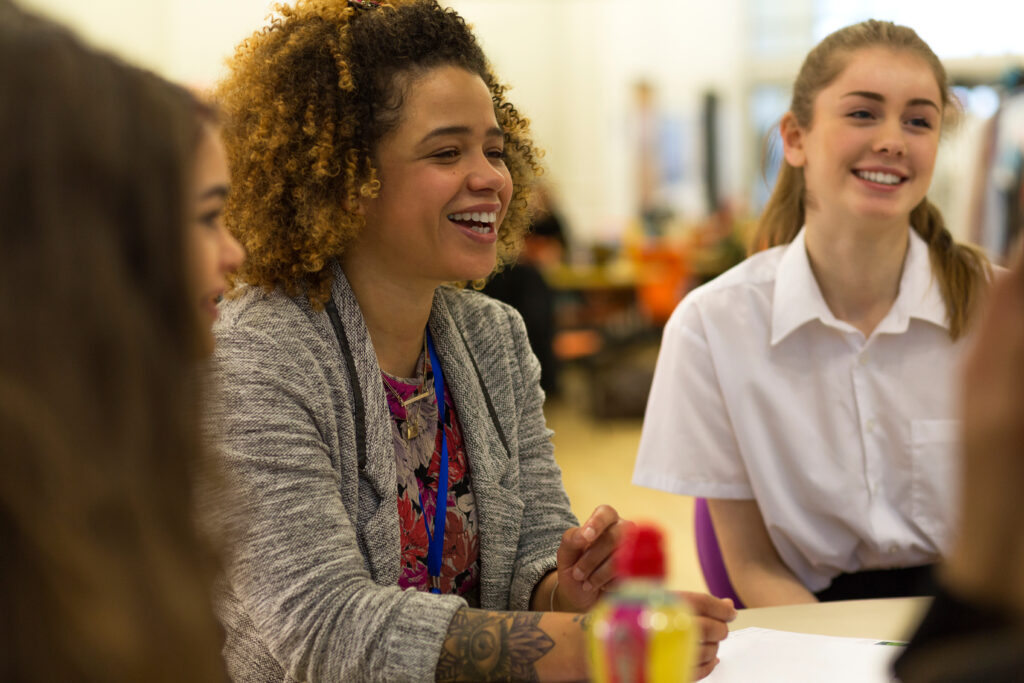
Embedded Analysts
The Education Lab provides technical assistance to support Chicago Public Schools in using data analysis to answer key questions and guide daily decisions.

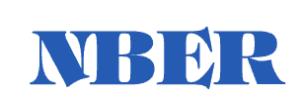
NBER working paper- From Retributive to Restorative: An Alternative Approach to Justice

Becker Friedman Institute Working Paper- From Retributive to Restorative: An Alternative Approach to Justice
Read the working paper on the results of the Education Lab’s findings from a study of the implementation of restorative practices in Chicago Public Schools.
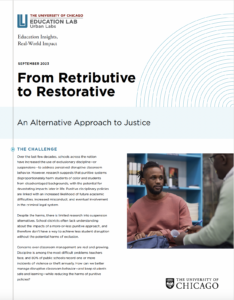
From Retributive to Restorative: An Alternative Approach to Justice
This research brief details the findings from the Education Lab’s study of the effect of restorative practices in Chicago Public Schools.
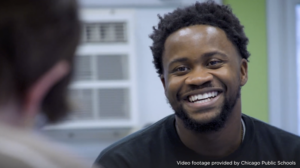
Video- From Retributive to Restorative: An Alternative Approach to Justice
This video provides an overview of the Education Lab’s evaluation of the effect of restorative practices implemented in high schools across Chicago Public Schools.
Latest Updates
NYC expands restorative justice programs: ‘This is for them to come feel safe’
The Gothamist’s Samantha Max cites Education Lab research that found using restorative practices to address student behavior can reduce arrests and suspensions.
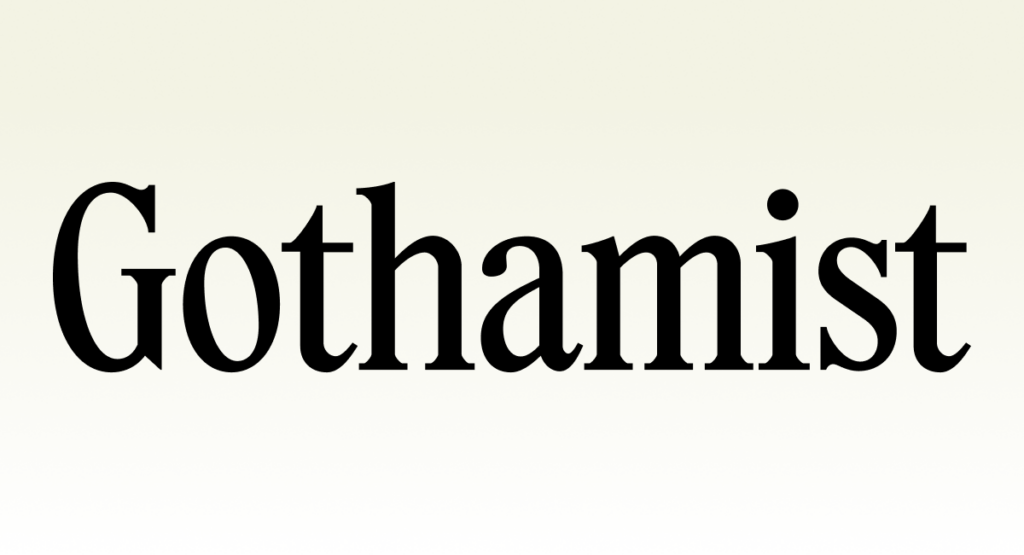
Implementation, and Impact of High-Dosage Tutoring Programs
Today the national nonprofit Accelerate announced a new initiative that will bring together top education researchers from across the U.S. to develop rigorous research on the impact, efficiency, and cost-effectiveness of various high-dosage tutoring programs. The Education Lab is a member of Accelerate’s inaugural Research Learning Community as part of a commitment to helping policymakers and school districts access the high-quality and transparent evidence they need to make informed decisions for their students.

What aspects of teaching should remain human?
Chris Berdik, for The Hechinger Report, highlights Saga Education’s partnership with the Education Lab to scale high-dosage tutoring through the Personalized Learning Initiative, where AI is playing a growing role in the delivery of tutoring.

